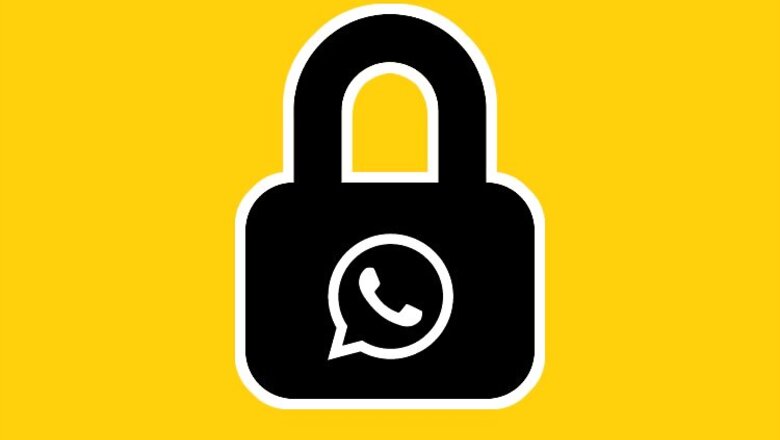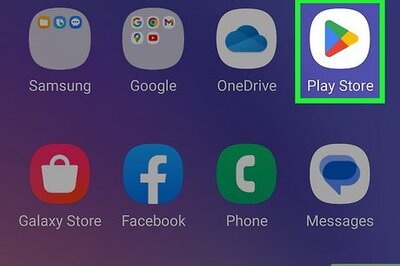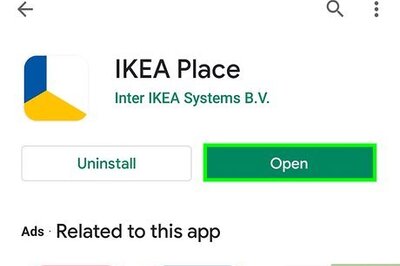
views
All WhatsApp messages will now be accessible only to the sender and recipient.
If you have recently used WhatsApp chances are you would have encountered the following message: "Messages you send to this chat and calls are now secured with end-to-end encryption. Tap for more info." Tapping on the notification further explains that this means that "WhatsApp and third parties can't read or listen" to any WhatsApp chats and calls and also adds an option for users to verify if a message came from someone they know — and not from a hacker posing as a friend.
WhatsApp had began applying "end-to-end" encryption to standard messages sent on Android smartphones in 2014, but group messages and those containing rich media such as photos and videos were not fully encrypted. After gradually expanding to other formats, it is now default for all forms of communication on its app for Android phones, Apple's iPhones and other devices. The Facebook-owned messaging service has over a billion users worldwide.
All types of WhatsApp messages (including chats, group chats, images, videos, voice messages and files) and WhatsApp calls are now protected by end-to-end encryption.
The blog post by WhatsApp co-founders Jan Koum and Brian Acton announcing the feature said encryption is an important tool for its users. And the entirety of WhatsApp messages will be now supported by end-to-end encryption, meaning the company will not have any capability to read customers’ messages even if approached by law enforcement.
To be able to benefit from WhatsApp's full end-to-end encryption you need to have the latest version of the app installed.
WhatsApp's end-to-end encryption ensures only the sender and the receipient can read what is sent, and nobody in between, not even WhatsApp. In simple words, the messages are secured with a lock, and only the recipient and the sender have the special key needed to unlock and read them. WhatsApp also doesn't store the messages on its servers once they are delivered.
And as an additional security feature every message sent has its own unique lock and key. Users do not need to turn on any setting for this, it is the default. WhatsApp users also have the option to verify keys in order to ensure the integrity of their communication.
WhatsApp developed its encryption system with the help of software provided by Open Whisper Systems, a security nonprofit.
A handful of less-popular services, including Signal, Wickr and Telegram, use end-to-end encryption, while others don't use encryption at all. Google, Facebook and Yahoo use less extensive encryption to protect emails and messages while they're in transit, to prevent outsiders from eavesdropping. But those companies retain the ability to scan messages at certain points and can unlock them under a court order. With full end-to-end encryption WhatsApp now distances itself from any such liabilities.
(With inputs from agencies)




















Comments
0 comment